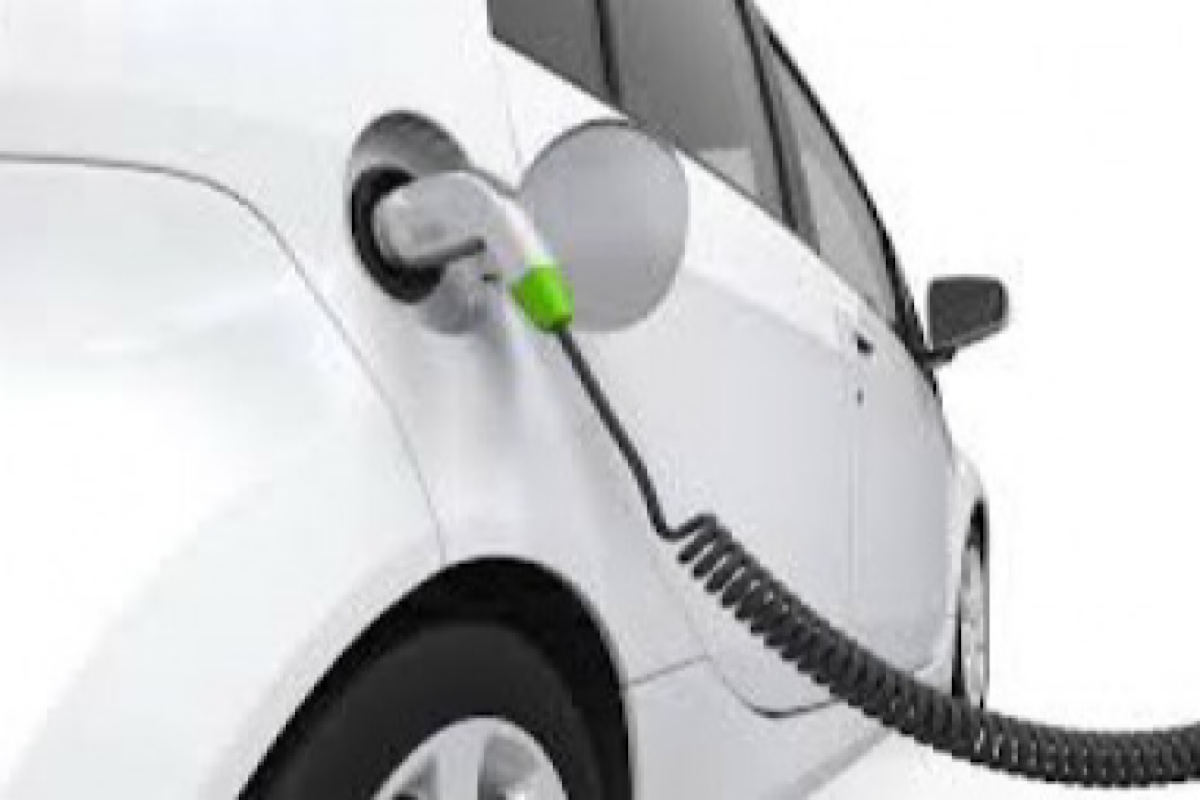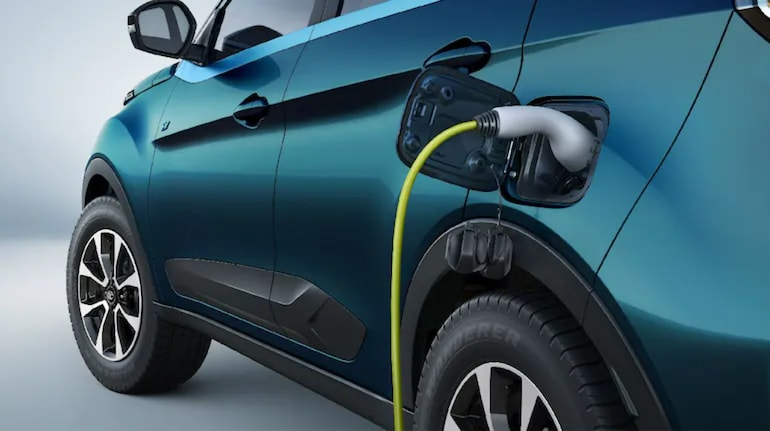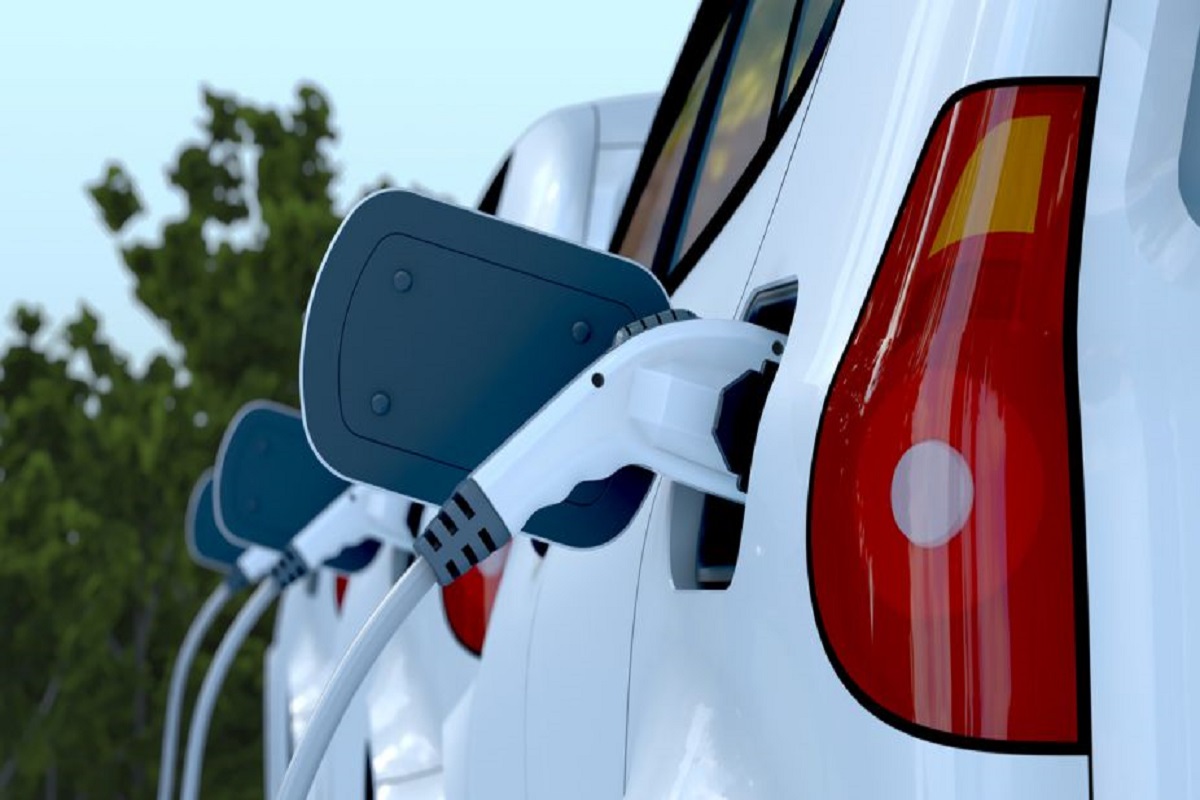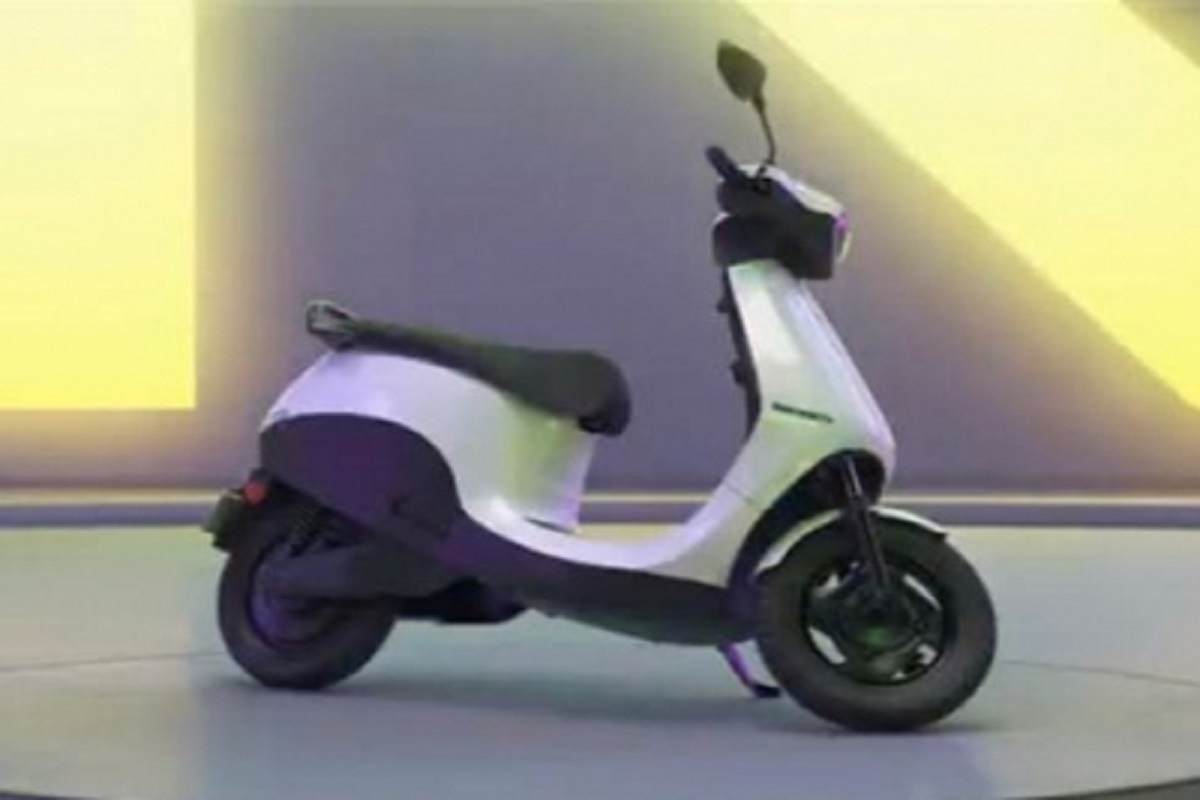To promote green mobility Himachal Govt accelerates EV infra development
Himachal Pradesh Chief Minister Sukhvinder Singh Sukhu on Wednesday said that the state government is actively advancing the development of Electric Vehicle (EV) infrastructure to promote green mobility.















